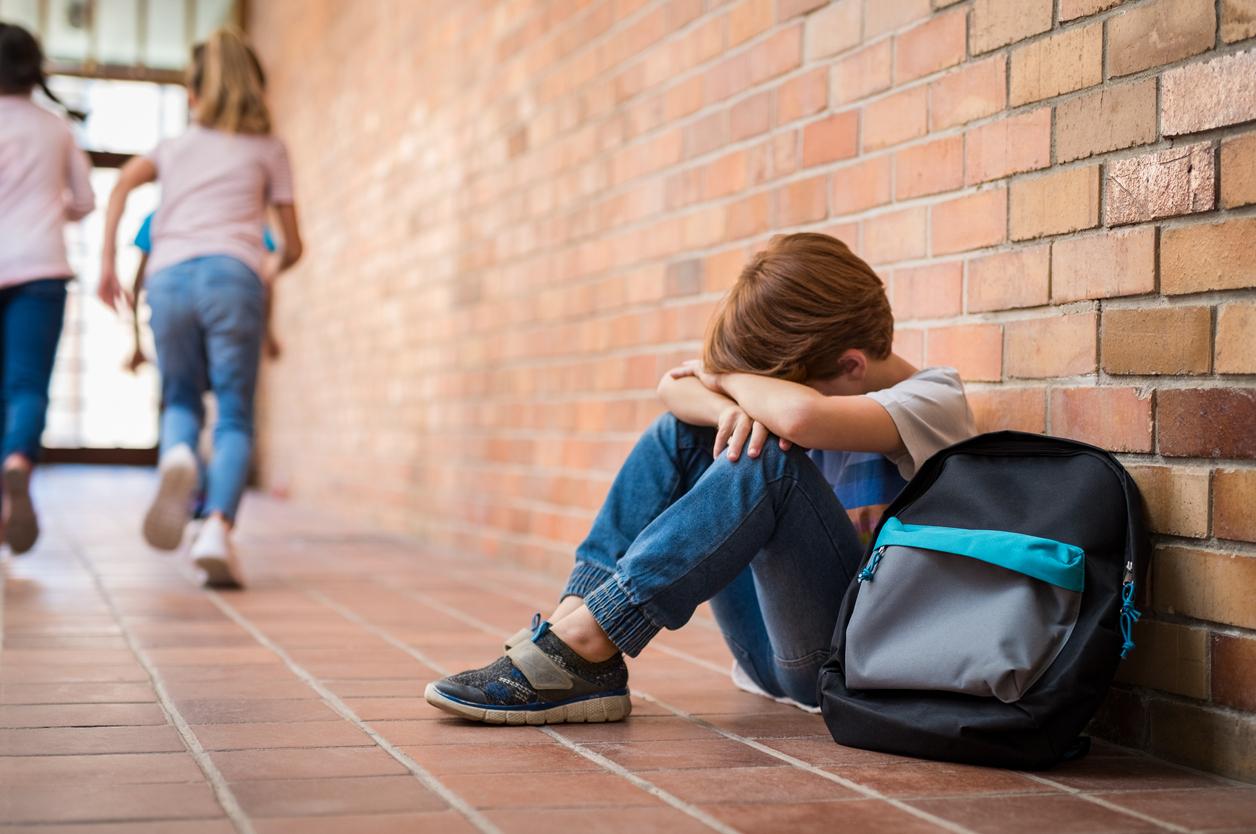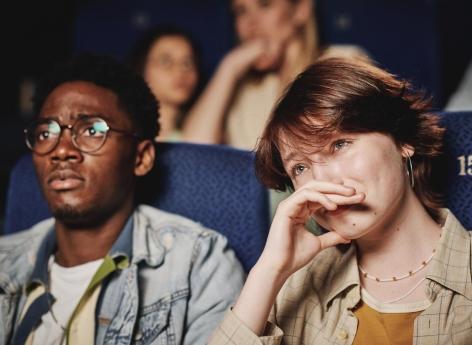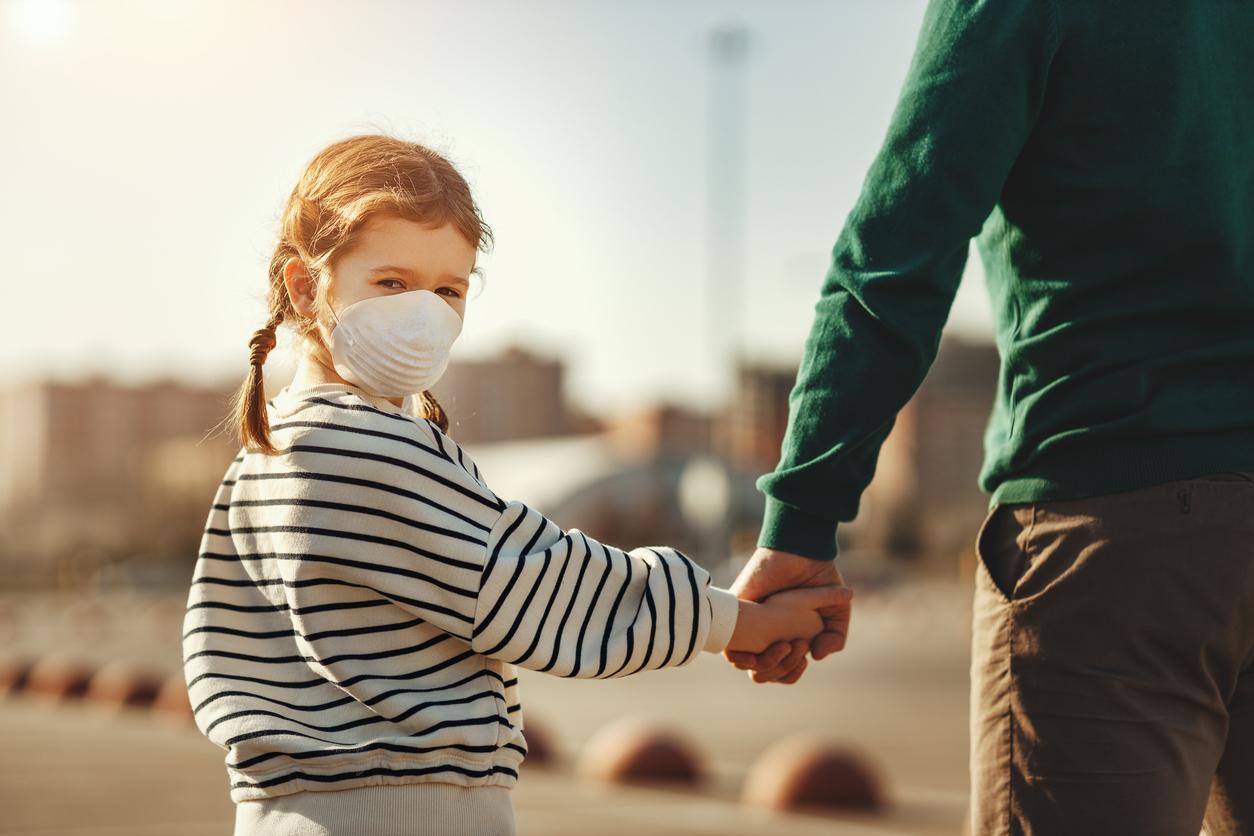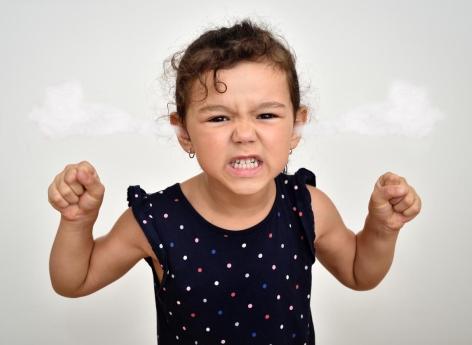On the occasion of the national day against school bullying, the founder of the Educ’At association, Marie-Pierre Lescure, explains to us how to help children develop their empathy from an early age by promoting acts of solidarity.

- According to the founder of the Educ’AT association, Marie-Pierre Lescure, school bullying is a “systemic problem”, which is today favored by the fact that society “is getting worse and worse.” It represents an externalization of suffering.
- She thinks that “empathy lessons” taught in schools will not have a “real impact” on children, if they remain in the form of lessons, as civics lessons could be, or else that they are released too punctually in time.
- The Tatou Kompry method, implemented by the association, aims to encourage students to regain self-confidence, to know how to communicate with others, but also to take care of each other.
Faced with the tragedies linked to school bullying which have followed one another in recent months, in particular the suicide of Lucas (whose four harassers prosecuted were acquitted on appeal), Lindsay and even Nicolas, the government has unveiled an interministerial plan which is divided into three axes: “100% prevention, 100% detection and 100% solutions.” At the end of September, the Minister of National Education, Gabriel Attal, who confided that he had been harassed at college because of his “assumed sexual orientation at the time”, declared that he wanted to be inspired by the Danish model. He plans to integrate into school programs “empathy lessons” every week from the start of the 2024 school year. A measure criticized by some health professionals.
School bullying: “I doubt that these empathy lessons have a real impact on children”
“In Denmark, the social climate is different. Parents opt for a non-violent upbringing, where there is no place for spanking which was officially abolished in 97, are open-minded and accepting of emotions. The children thus feel listened to. This is why this process works, being relayed within the families themselves. In France, the climate is very different, so I doubt that these workshops will have a real impact on the children. Empathy cannot be taught with a one-hour theoretical course. It must be experienced with specific exercises to teach children to be at peace with themselves and experience classroom life so that they learn. to live with others, integrate and develop their empathy which can, in general, be easily re-mobilized at this age”, explains Marie-Pierre Lescure, founder, educational psychologist and educational director of the Educ’At association.
The Tatou Kompry method “allows students to be aware that they are harming others”
On the other hand, she finds that the anonymous self-assessment grid, aimed at assessing whether pupils in primary schools, middle schools and high schools are likely to be victims of harassment, is a “interesting idea”. “Before implementing our Tatou Kompry method, which was able to be tested over the 2022/2023 school year in three primary schools in France thanks to the Ramsay Santé Foundation, we also ask the children questions to make an observation and determine at what level we should start our work”explains the educational psychologist.
This method, whose actors are children but also parents and volunteer teachers, aims to develop interpersonal skills and the ability to live together in children aged 6 to 11. “The module on self-knowledge encourages students to enhance their skills and potential to love themselves more individually and have confidence in themselves. They learn to talk about their emotions and listen to those of others, during an exercise, for example, called ‘the circle of peace’. The module on relationships with others pushes children to communicate, support each other, and find solutions to resolve collective problems. We also decipher the problem of harassment, which allows students to be aware that they are harming others and avoid the group becoming a ‘sounding board’ for the harasser’s words and actions. Child witnesses are not influenced in this way by the harasser and will even be likely to intervene to get him to stop.”
Anxiety, depression, insecurity, social networks: “children are very susceptible to these problems”
Marie-Pierre Lescure would like to point out that harassment, which takes place over time and manifests itself through physical and/or psychological violence, is a “systemic problem”. According to her, it should not be considered in isolation, either “the harasser versus the harassed”. “Both experience the same problems, notably a lack of confidence and self-esteem, which manifest themselves in different ways. In all cases, the harasser does not feel good and needs to blame his discomfort on a more fragile person so as not to worry about their problems and seek to value themselves. It is a natural phenomenon in human beings, which relieves us, gives us the illusion of being stronger but does not help us to get better “At school, children who meet each other sometimes carry trauma and have family problems, which disturb them and make them suffer. This will inevitably have consequences on their relationships with their classmates.” she specifies.
The founder of the association points out that the current climate favors harassment. “Society is doing worse and worse, there are more and more cases of anxiety and depression, more pronounced insecurity in families, excessive use of social networks… This does not help children, who are very permeable to these problems, to be fine!”
“Parents need to help them learn to accept and manage their emotions in order to strengthen their self-esteem”
According to the educational director, school bullying has serious long-term consequences. “During childhood or adolescence, this can lead to dropping out of school and social activities, academic performance, and isolation, which stem from a lack of self-confidence which increases over the years. Bullied children sometimes become bullies, which does not represent a sign of better being, since the problem has not changed, only its expression is different. In terms of symptoms, bullied students may also present with headaches and stomach aches, weakness of the immune system, fainting, sleep and eating disorders, anxiety, depression as well as suicidal behavior. If parents notice a change in behavior, they should be concerned, as this may be a sign of school bullying.
If they notice that the case of harassment is proven, the educational psychologist recommends consulting a therapist. “This can help the child regain a little strength but it is not enough. Parents must listen to them, help them learn to accept and manage their emotions in order to strengthen their self-esteem and give them tools to be able to get back up in the face of difficulties encountered. This will help them to assert themselves and not let themselves be walked on.” Another piece of advice: help your child recreate a connection with others to feel surrounded and supported. “A student surrounded by friends is never the victim of bullying!”
School harassment: “the victim is in a position where she does not set limits and allows herself to be invaded”
To deal with school bullying, the government adopted a measure that requires the bully to be transferred to another school. “This idea doesn’t make much sense. It helps to relieve the victim and relieve the school at the time, but it will not help the harassed person, who has not changed their posture and may be harassed again later, for example at work. In general, the victim is in a position where they do not set limits and allow themselves to be invaded. Clearly, a lack of self-esteem and self-love leads them to accept this intrusion. In bullying, posture is very important. In the playground, it is not often small children or children with orange hair who are bullied, but those who do not have the ability to take take care of them”, explains Marie-Pierre Lescure.
She also believes that transferring harassing students to another establishment will not change their behavior. “The latter will harass other children in their new school, because they will always need to reject their discomfort. We must not try to put out the fire, but ensure that it does not ignite , as we do within the framework of the Tatou Kompry method.”

















